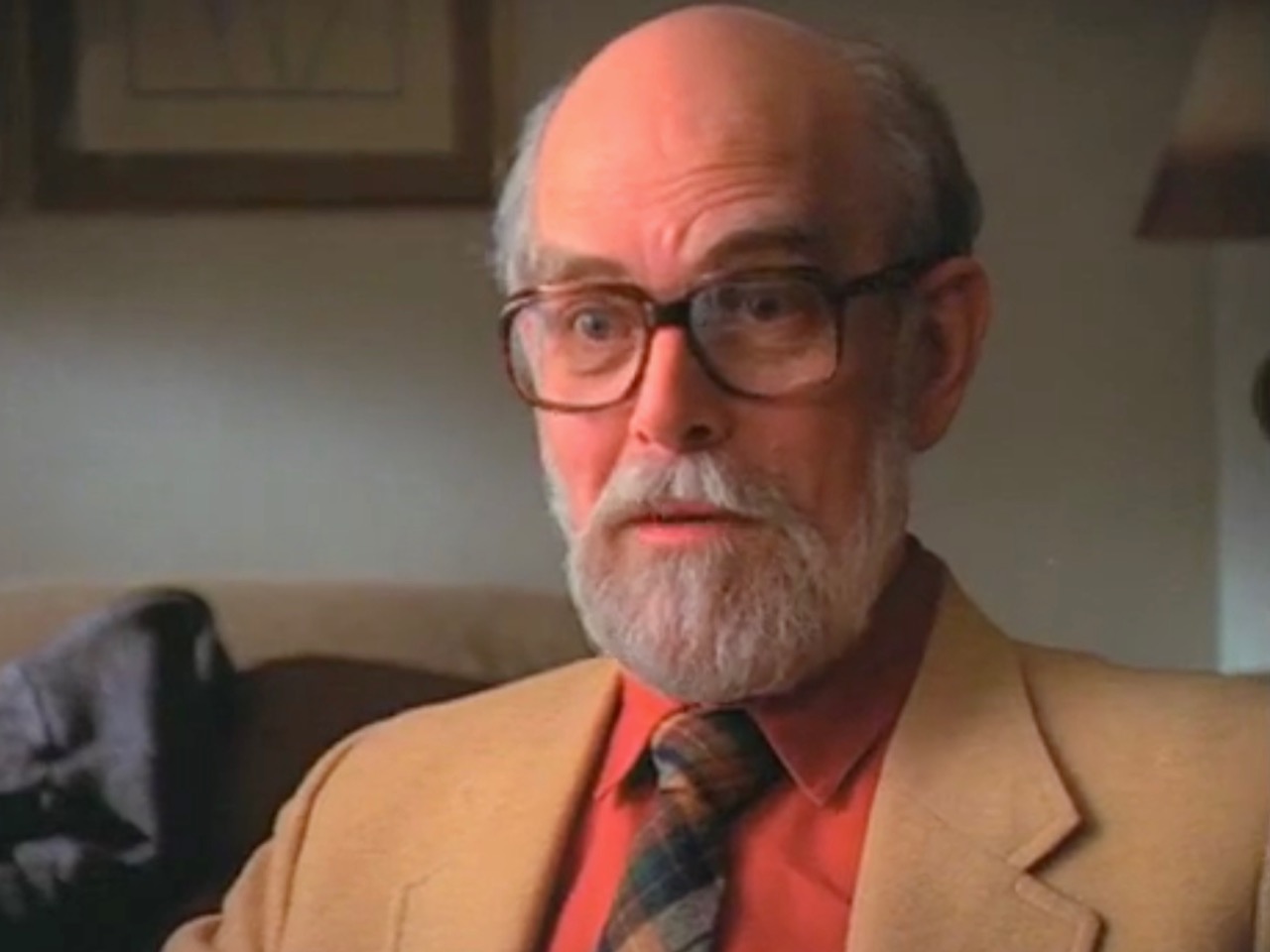So you can just start over. The discussion in the Union about whether to be interracial or not started from the very beginning. And people argued that it would be better because whites had some advantage to have it all white. People argued that it would be better to have it combined. One man apparently in the discussion said, you can't do it without us and we can't do it without you. And so it was decided that it would be valuable and essential even to work together. Couldn't be two unions, that wouldn't work. So one union, they could then concentrate on all the forces they had to deal with and not have to cope with each other and the differences that two different unions might have. There were also other organizations in the South that were interracial at the time and that had laid a foundation for that kind of idea. It was not entirely new. It was rare still, but not entirely new.
So some groundwork had been laid for that and there were people who had plenty of interracial experience up until then and for whom it seemed like a very natural, normal thing to do. Not normal maybe, but at least essential to do in the formation of a union. Was there anything that was different about the decision for this union of sharecroppers and tenants to be interracial? Was there anything unique about that? Was there anything that was different about what they were taking on in the South during the 30s? What they were taking on in the South in the 30s was a very strong, powerful system which had become very settled in, in terms of the whole cotton economy. And I think it was clear to them that it was going to be necessary to be unified. That, practically speaking, not just morally or in other kinds of ways, practically speaking it was the only way to work it and there were precedents.
Can you tell me about the discussion around violence and nonviolence? And also what the people who had guns you were telling me in the commissaries wouldn't sell them bullets, things like that. Okay. Another major discussion was whether or not they should carry guns because there were guns every place. There was a meeting whenever the sheriffs showed up or the planters, they all carried guns. It was very much a part of the almost mystique of power that was frightening and controlling. And the tenant farmers and sharecroppers who were part of the union had a discussion early on about whether or not they should carry guns. And just in terms of showing self defense, showing that they also had some rights. The argument apparently went back and forth and occasionally it came up again when they were just being harassed so severely.
And the decision was that it should be nonviolent. There were people like my father who played into that very much, who believed that it should be nonviolent. He one time was crossing the Mississippi River into Arkansas and he had been hunting and he had some shells in the car. And he stopped and pitched them because he didn't want to be found if a sheriff stopped him. He didn't want to be found with any bullets in the car. So it was very clear once they decided that that it made a lot of sense to be nonviolent in their whole approach to it. For a lot of practical as well as ideological reasons. And the members of the union themselves sometimes carried guns with them. They had a difficult time in many instances finding bullets for the guns because at the stores that were controlled by the planters,
the store owners were told not to sell bullets to the tenant farmers and sharecroppers on that particular farm. Because they might be dangerous. So they had very little access to bullets. And they would still carry the guns symbolically as sort of match. You know, you can show your power but we've got some guns too. But most of the time when they carried them into the meetings with them to protect, basically they talked about protecting the women and children who went to the meetings. They had guns with no bullets in them.
 Oscar Fendler Discusses Landlords, Tenant Farmers, and Sharecroppers (1992)
Oscar Fendler Discusses Landlords, Tenant Farmers, and Sharecroppers (1992)
 John Twist Discusses Poverty and Hunger (1993)
John Twist Discusses Poverty and Hunger (1993)
 David Goeppinger Discusses Economic Devastation in the South (1992)
David Goeppinger Discusses Economic Devastation in the South (1992)
 Nancy Neale Talks About the Missouri Roadside Demonstration (1993)
Nancy Neale Talks About the Missouri Roadside Demonstration (1993)
 John Twist Discusses the Agricultural Adjustment Act and Its Consequences (1993)
John Twist Discusses the Agricultural Adjustment Act and Its Consequences (1993)
 Former Sharecropper George Stith Discusses the Agricultural Adjustment Act (1992)
Former Sharecropper George Stith Discusses the Agricultural Adjustment Act (1992)
 Oscar Fendler Discusses Evictions of Tenant Farmers and Sharecroppers (1992)
Oscar Fendler Discusses Evictions of Tenant Farmers and Sharecroppers (1992)
 George Stith Describes the Start of the Southern Tenant Farmers’ Union (1992)
George Stith Describes the Start of the Southern Tenant Farmers’ Union (1992)
 Nancy Neale Discusses the Formation of the Southern Tenant Farmers’ Union (1993)
Nancy Neale Discusses the Formation of the Southern Tenant Farmers’ Union (1993)
 Miller Williams Discusses a Violent Response to the Union from White Southerners (1993)
Miller Williams Discusses a Violent Response to the Union from White Southerners (1993)
 Nancy Neale Discusses the STFU as a Model for Change to Come (1993)
Nancy Neale Discusses the STFU as a Model for Change to Come (1993)